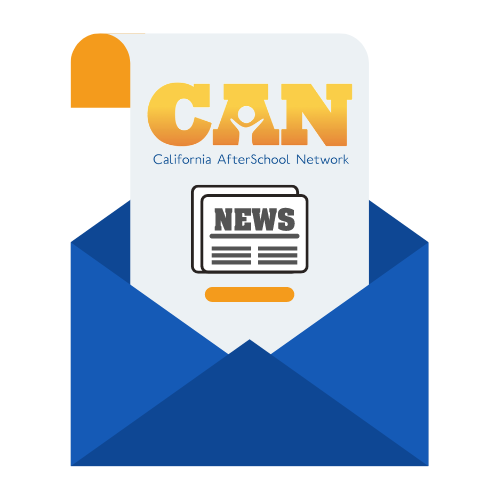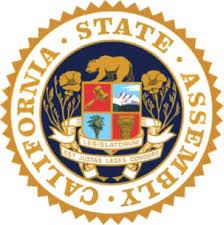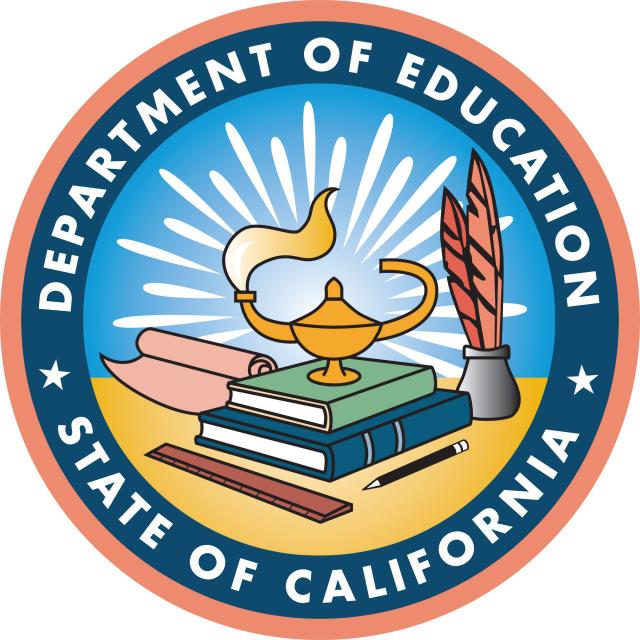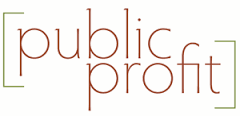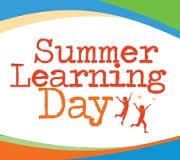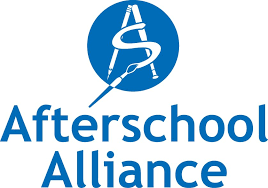CAN Newsletter – May 31, 2016
Reminder for After School Education and Safety (ASES) and 21st Century Community Learning Centers (21st CCLC) field practitioners, Site Coordinators, and supporters to take ASES and 21st CCLC field and site coordinator surveys by June 17th to inform the statewide system of support.
Related Content
Assembly Budget Subcommittee Approves $73 Million Increase to ASES
On May 24th, the Assembly Budget Subcommittee on Education approved a $73 million increase for ASES. The subcommittee report states the budget will “Provide $73 million in ongoing Proposition 98 General Fund to augment the After School Education and Safety (ASES) program in order to cover the costs of the new minimum wage increase.” ASES funding is an issue that will be addressed by the Conference Committee because the Senate Budget Subcommittee on Education did not adopt a funding increase. The next step will be for the Budget Conference Committee to be appointed and begin negotiation on a final budget between the Assembly and Senate. The deadline for the passage of the budget is June 15th. A finalized budget will be sent to the Governor, who’s May Budget Revision did not include an increase for ASES.
California Expanded Learning: A Vision for Expanded Learning in California
The California Department of Education After School Division recently released the annual update to its strategic plan, A Vision for Expanded Learning in California, Strategic Plan: 2014-2016. This year’s updates include CQI Implementation, creation of they System of Support for Expanded Learning (SSEL), Equity Committee recommendations, Assembly Bill (AB) 2615, and the Expanding Student Success Campaign. It is anticipated that an in depth review of the plan and implementation work will occur in early 2017 to determine additional next steps including the possibility of a revised or new strategic process/plan.
Resources and Webinars from Public Profit
Public Profit has provided a manual, Creative Ways to Solicit Youth Input, that provides ideas for non-survey creative ways to get input from youth. Oftentimes youth are asked for feedback through surveys. The drawbacks to surveys are that students are over-surveyed, they may mark what they think you want to hear, or there is no chance to vary from the pre-set questions. There are two parts to the manual. There are two parts to the manual. Part one outlines a process you can use to plan your evaluation questions. Part two lists details instructions for several activities you can use with youth to solicit their feedback.
Public Profit will host a Let’s (Data) Party on June 14th from 10:00-11:30am. This Participatory Sense-Making Data Party is an interactive webinar for learning tips and technique for facilitating participatory analysis for evaluators and organizing a successful data party. Register here.
LIAS Blog: SEL Practice and Research
The LIAS blog features an interview with Charles Smith, Founder and Executive Director of the David P. Weikart Center for Youth Program Quality. The blog gives an overview of the work the Weikart Center has been doing around the domains on social and emotional learning, the Youth Program Quality Assessment (PQA), and Data Driven Program Improvement. The Youth PQA was developed to address a number of problems that were occurring for teachers and youth workers. In regards to the Data Driven Program Improvement, the biggest struggle programs are finding are trust in the process and investing of time. To access the entire blog, click here.
Make Summer Matter – National Summer Learning Day
The National Summer Learning Association is holding their annual advocacy day on July 14, 2016. National Summer Learning Day is led by the National Summer Learning Association to elevate the importance of keeping kids learning, safe and healthy every summer. Many kinds of high-quality learning opportunities during the summer can make a difference in stemming learning loss and ultimately, closing the country’s achievement gap. Our first lady, Michelle Obama, reminds us how important the summer months are to kids. Up to 3 months worth of knowledge from the previous school year could be lost during the summer months if kids are not engaged in acquiring new skills, activities, and/or reading. “Don’t let summers go to waste!” Learn more about hosting a Summer Learning Day event or to take the pledge.
Election Resources from the Afterschool Alliance
The Afterschool Alliance recently posted two new tools to help make afterschool a part of the conversation during the election season. Election season presents an important opportunity to put afterschool on the radar of policy makers and the public in a visible and meaningful way. Make afterschool a part of the public debate!
- The Campaign for Afterschool Toolkit: This is a comprehensive guide for afterschool advocacy during an election year, including how to mobilize support, sample talking points and outreach materials, social media support, the do’s and don’ts for non-profit organizations.
- The Candidate Resource Guide on Afterschool: This may be given to any candidate for office as a primer on all the information they need about afterschool. It includes a new fact sheets/messaging on building safe communities, advancing academic achievement, promoting STEM learning and career readiness, encouraging health and wellness, and closing opportunity gaps.

